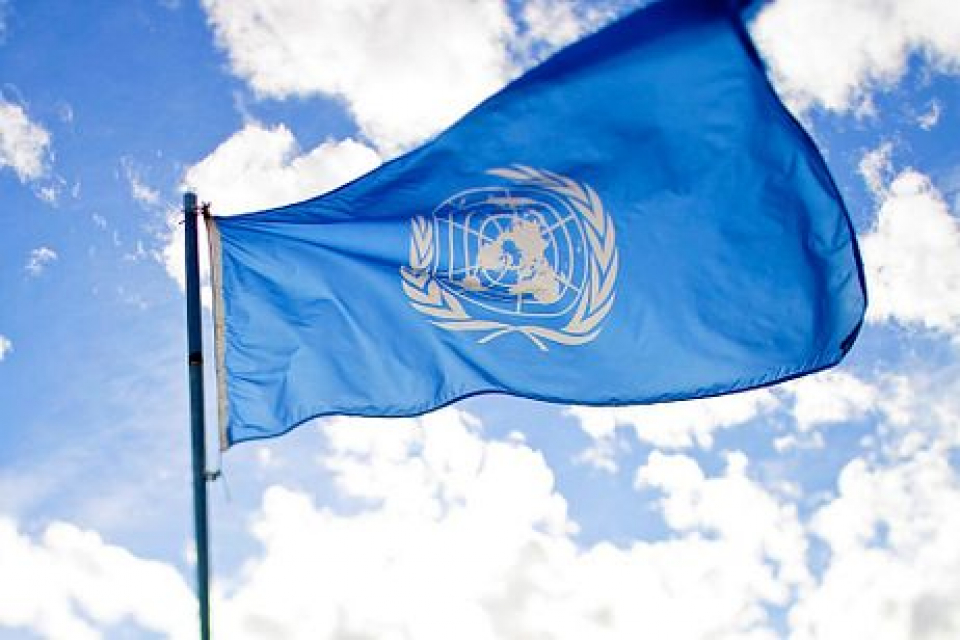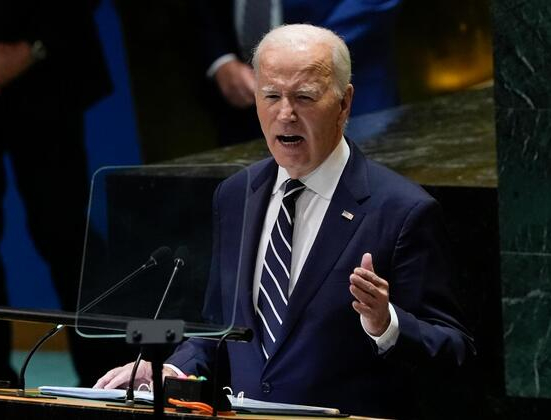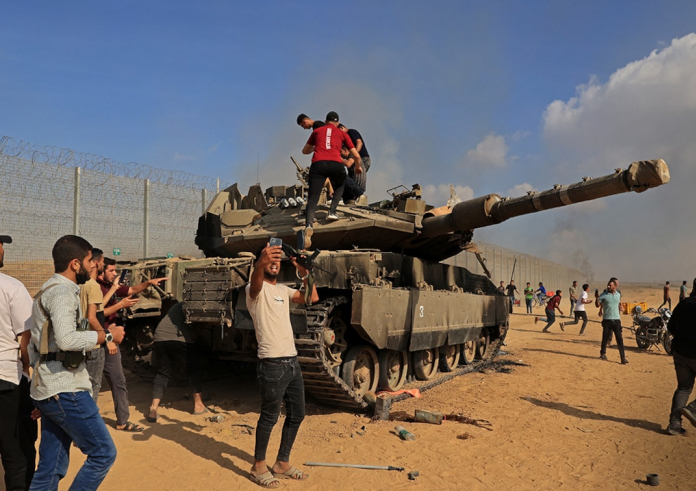A high-level conference on Afghanistan from February 18-19 failed to achieve its primary objectives, leaving many participants disappointed.
The two primary objectives of the Doha meeting were to delineate a course for international engagement with Afghanistan and to facilitate dialogue between the Taliban and the global community on vital issues such as women’s rights, girls’ education, and the eagerly awaited appointment of a United Nations Special Representative for the nation.
Unfortunately, neither of these objectives were accomplished during the two-day conference, which convened special envoys from over 25 countries and regional organizations.
U.N. Secretary General Antonio Guterres expressed the desire for Afghanistan to achieve internal peace and foster peaceful relations with its neighbors, while also fulfilling the commitments and international obligations expected of a sovereign state. The Taliban, however, refused to participate in the conference.
The Taliban’s Ministry of Foreign Affairs issued a statement reiterating their position as the sole official representative of Afghanistan for engagements with the international community. They stressed that meaningful and transparent dialogue could only take place under their exclusive representation, implying that the involvement of other parties would impede progress. The Taliban’s decision, announced on the eve of the conference, also asserted, “This government of Afghanistan cannot be coerced by anyone.”
For his part, Guterres said the Taliban set conditions for their participation “that were not acceptable.” The U.N. secretary general, speaking at the conclusion of the two-day meeting in Qatar, stated that the Taliban had sent him a letter in which they were seeking treatment equivalent to official recognition as Afghanistan’s legitimate rulers. The Taliban’s “conditions first of all denied us the right to talk to other representatives of the Afghan society and demanded a treatment that would, I would say, to a large extent be similar to recognition,” Guterres said.
The U.N. had invited members of Afghanistan’s civil society, including women’s groups, to participate in the conference.
Guterres refuted claims that the Taliban’s non-participation had harmed the process. He emphasized the importance of discussing the meeting’s outcomes with the Taliban, stating, “It did not happen today. It will happen in the near future. I think we will find a solution to allow for the participation of the Taliban.”
Despite the head of the United Nations downplaying the Taliban’s rejection of the conference, it is logical to recognize that the Taliban effectively controls Afghanistan and decides the fate of the millions of Afghans whom the U.N. seeks to reach out to and assist.
Afghans, reflecting various perspectives across age groups, political affiliations, and ethnic backgrounds, expressed mixed reactions to the conference, as evident on social media. Many viewed the Taliban’s non-participation as a significant setback. The Doha meeting’s Afghan participants emerged as a major point of contention in these discussions.
Obaidullah Baheer, a professor of transitional justice at the American University of Afghanistan, voiced concerns on X (formerly Twitter), stating, “As much as the Taliban’s presence at the UN meeting in Doha would’ve been useful, the invitation extended to affiliates of an armed insurgency (NRF) and female drug lords makes a mockery of the whole process. No need for participation if the meeting is designed to platform spoilers.”
It is unconfirmed whether official representatives from the NRF, or the National Resistance Front, were invited to the meeting. However, Baheer’s tweet reflects the widespread frustration among the Afghan population regarding the choices made by the international community regarding representation in discussions on the Afghan crisis.
The NRF is led by the son of the renowned Afghan militia commander Ahmad Shah Massoud, who gained global recognition for aiding the United States in combatting al-Qaida in Afghanistan, and his assassination in 2001. However, Massoud also played a significant role in a brutal civil war that claimed the lives of thousands of Afghans, including women and children. Consequently, references to the NRF inevitably stir up painful memories and evoke the horrors of war among Afghan survivors.

















